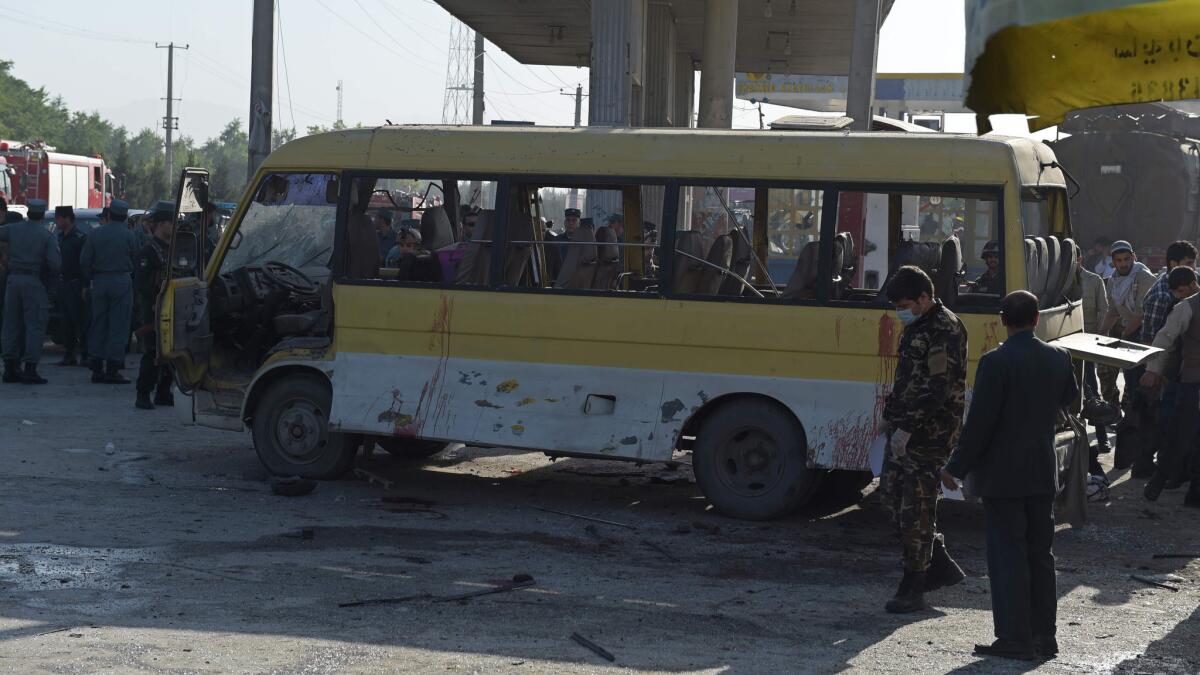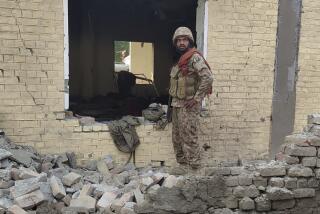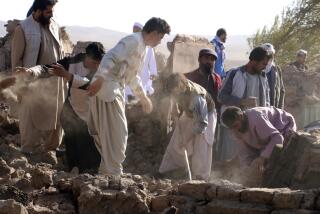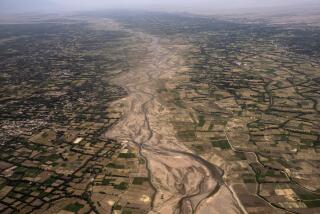14 Nepalese guards killed in suicide blast in Afghanistan

A Taliban-claimed suicide bombing targeted a bus transporting Nepalese security guards Monday morning on the outskirts of Kabul, killing at least 14 people and injuring nine others, Afghan officials said.
The Nepalese nationals were on their way to work at the Canadian embassy in Afghanistan.
The Afghan interior ministry said the bus was traveling near the Pol-e Charkhi prison outside the capital when it came under attack about 5:40 a.m. The interior ministry said all 14 killed were Nepalese.
It was believed to be the deadliest incident in Afghanistan to strike migrant workers from Nepal, many of whom work as security guards at embassies and compounds belonging to international agencies.
Five Nepalese and four Afghans were wounded in the attack. Abdul Rahman Rahimi, Kabul police chief, said the injured Afghans were at a nearby market when they were struck by the blast.
Thousands of Nepalese nationals work in Afghanistan, where they can earn salaries much higher than in their impoverished home country. About 3,300 work as security guards, according to government statistics, earning several hundred dollars each month.
The Nepalese website Pahilo Post, citing official figures, said more than 1,200 Nepalese had left for Afghanistan in the last three months.
An international aid worker whose organization has often used Nepali guards said the contractors have extremely dangerous jobs. “On the other hand, these guards are not liked by many Afghans as well, mainly for two reasons,” said the worker, who spoke on condition of anonymity because he was not authorized to speak for his organization. “One, they are the target of the Taliban as illustrated by today’s attack; two, many Afghans are not very happy with them for ‘stealing’ what would potentially be their jobs.”
Nepalese Prime Minister K.P. Sharma Oli said he was “saddened” by the attack.
“I pay tribute to those who lost their lives in the incident,” Oli tweeted.
The Taliban claimed responsibility for the blast.
Also Monday, the Afghan parliament finally approved a defense minister -- a position that had been in the hands of a caretaker minister for more than 2½ years – and a new spy chief.
Gen. Abdullah Khan Habibi, who has been acting defense minister since May, was confirmed by parliament with 167, well over the 113 he needed to secure the post.
Since a national unity government took office in September 2014, President Ashraf Ghani had proposed several nominees to become defense minister, but none had received parliamentary backing. The lack of a permanent appointment contributed to concerns about Afghanistan’s security in the face of a growing Taliban insurgency and mounting casualties among Afghan security forces.
The new head of the National Directorate of Security, Afghanistan’s main spy agency, is Mohammad Masoom Stanikzai, another former acting defense minister.
The previous spy chief, Rahmatullah Nabil, resigned in December following a highly publicized spat with the government. Nabil wrote a Facebook post expressing anger at Ghani’s efforts to engage with neighboring Pakistan – whom many Afghans accuse of supporting the Taliban – to begin peace talks with the insurgents.
Latifi is a special correspondent. Times staff writer Shashank Bengali contributed to this report from Mumbai, India.
UPDATES:
10:32 a.m.: This article was updated with a comment from an international aid worker.
This article was originally published at 8:02 a.m.
More to Read
Start your day right
Sign up for Essential California for news, features and recommendations from the L.A. Times and beyond in your inbox six days a week.
You may occasionally receive promotional content from the Los Angeles Times.






